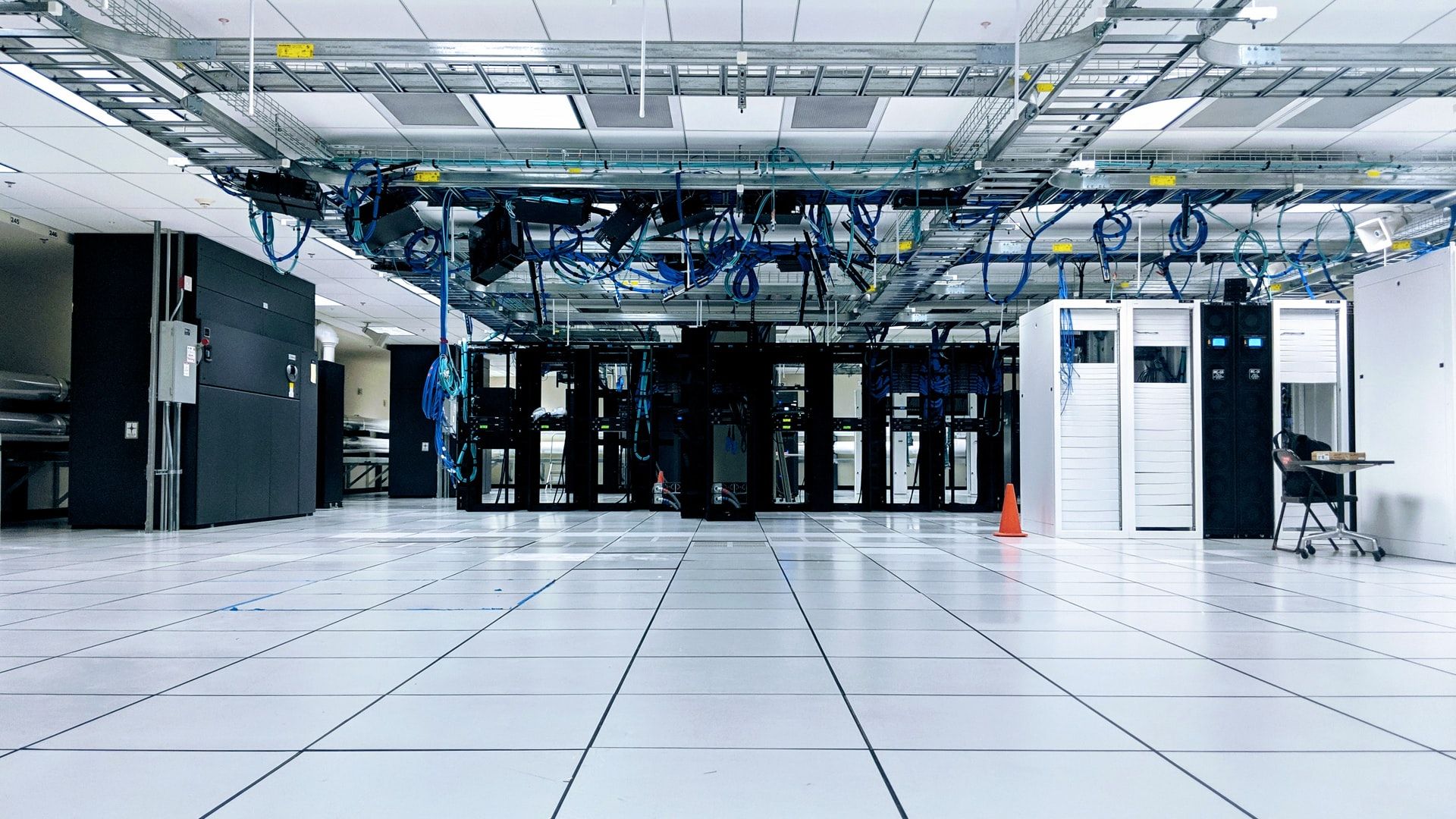IDCA News
All IDCA News
5 Jul 2022
Colocation data center in Europe helps customers save energy using the Server Idle Coefficient
A midsized European colocation data center is now providing crucial energy consumption data to its customers using the Server Idle Coefficient. Their goal is to help customers better understand their energy consumption and get a handle on rising energy costs.
Located in Rotterdam and Groningen, BytesNet provides colocation services. Data centers in Europe will soon be required to report their energy usage under European law, so the company has investigated its options for helping its customers - enterprises, SaaS providers, hosting companies and others - understand how much energy they use.
Because colocation data centers often buy the energy their customers use and resell it to them at a premium, these customers only have an indirect influence on electricity consumption. A software company that creates AI Ops technology is now integrating energy data into the BytesNet's customer portals.
Tuuring, a Rotterdam-based AI Ops company, provides dashboards that show data collected from the customer's IT servers. In addition to collecting energy data, these dashboards also show the idle time of servers. This is calculated based on the Server Idle Coefficient or SIC. The SIC indicates how much workload a server is performing in relation to its total capacity. The industry is well aware that many servers are only utilized to 10 to 15 percent of their capacity. The European LEAP project has shown that when an IT department does not apply power management features intelligently, these servers consume more or less the same amount of energy all the time - even when they are idle. In other words, allowing IT servers to run at such low utilization rates is clearly a waste of energy.
A major advantage of the recently launched SmartPower&Performance service from BytesNet is that even though many colo data centers earn money by reselling electricity at a premium to their customers, the company will also assist them to lower their energy consumption through consultancy services.
One of these services is helping customers better understand and optimize their power management settings. A second service focuses on smart virtualization strategies, which help IT departments make better use of their server hardware. In some LEAP pilot projects, improving power management led to a 10 to 15 percent reduction in energy consumption, and by also optimizing virtualisation strategies, the overall energy consumption was reduced by as much as 40 percent.
Photo credit: Taylor Vick
Follow us on social media: